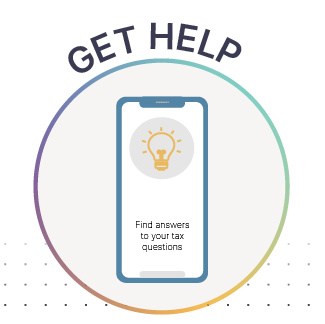You must pay SE tax and file IRS Form 1040 (Schedule SE), Self-Employment Tax, if either of the following applies:
- Your net earnings from self-employment were $400 or more; or
- You had church employee income of $108.28 or more.
Though the self-employment tax is in addition to your income tax, you can deduct one-half (50 percent) of your SE tax as an adjustment to income on the front of your tax return. For tax years after 2017 you will also need to report the amount on Form 1040 Schedule 1, Part II.
What does it mean to be self-employed?
Any activity you perform to make a profit is considered a business (or trade). The business can be:
- Full-time;
- Part-time; or
In addition to your regular job (For example: You’re a full-time employee working for someone else and you fix lawnmowers on weekends. You have your own shop, equipment, tools, and advertise your services. You’re self-employed as the owner of the part-time repair shop.)
You can be:
- The owner or sole proprietor of the business,
- A member of a partnership, or
- An independent contractor.
If you have self-employment income, you may be required to pay your taxes quarterly. See the How does this affect me? section, below.








